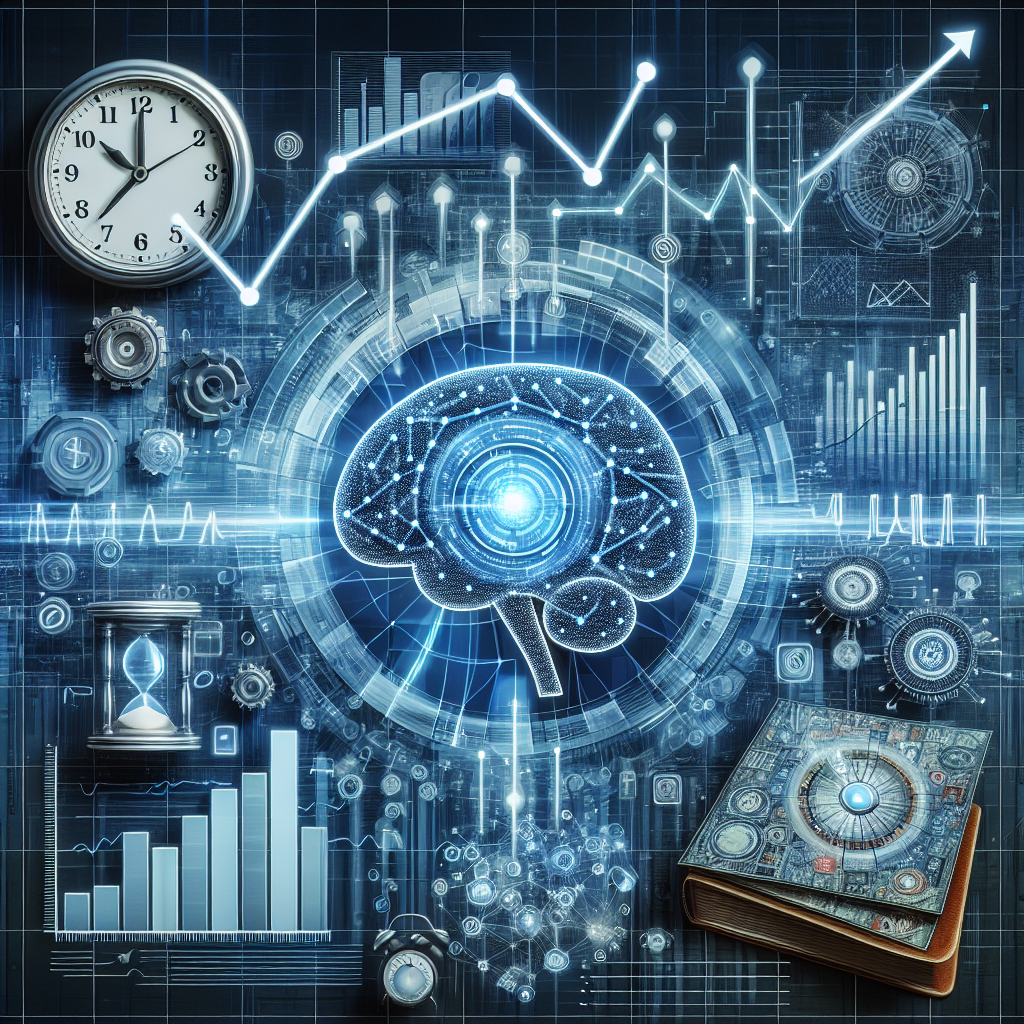AI in Predictive Marketing Forecasting
Artificial Intelligence (AI) has revolutionized the way businesses operate in various industries, and marketing is no exception. Predictive marketing forecasting is a crucial aspect of marketing strategy, as it helps businesses anticipate trends, consumer behavior, and market changes. With the help of AI, predictive marketing forecasting has become more accurate, efficient, and reliable than ever before.
What is Predictive Marketing Forecasting?
Predictive marketing forecasting is the process of using historical data, statistical algorithms, and machine learning techniques to predict future marketing trends and outcomes. By analyzing past marketing campaigns, consumer behavior, market trends, and other relevant data, businesses can forecast future sales, customer engagement, and overall marketing performance.
AI in Predictive Marketing Forecasting
AI plays a crucial role in predictive marketing forecasting by automating and optimizing the analysis of vast amounts of data. Here are some ways AI is transforming predictive marketing forecasting:
1. Data Analysis: AI algorithms can analyze large datasets quickly and efficiently, identifying patterns, trends, and correlations that human analysts may overlook. This allows businesses to gain valuable insights into consumer behavior, market trends, and other factors that can impact marketing performance.
2. Personalized Marketing: AI-powered predictive analytics can help businesses create personalized marketing campaigns tailored to individual customer preferences. By analyzing customer data, AI can predict which products or services a customer is likely to purchase, allowing businesses to target their marketing efforts more effectively.
3. Forecasting Accuracy: AI algorithms can generate more accurate forecasts by continuously learning from new data and adjusting their predictions accordingly. This enables businesses to make informed decisions based on real-time insights, improving the effectiveness of their marketing campaigns.
4. Automated Campaign Optimization: AI can automatically optimize marketing campaigns by analyzing performance data in real-time and making adjustments to maximize ROI. This includes adjusting ad placements, targeting, messaging, and other campaign elements to ensure optimal results.
5. Predictive Lead Scoring: AI can predict which leads are most likely to convert into customers based on historical data and customer behavior. This allows businesses to prioritize high-quality leads and focus their marketing efforts on prospects with the highest conversion potential.
FAQs
Q: How accurate are AI-powered predictive marketing forecasts?
A: AI-powered predictive marketing forecasts are typically more accurate than traditional forecasting methods due to the advanced algorithms and machine learning techniques used. However, the accuracy of forecasts can vary depending on the quality of data, the complexity of the model, and other factors.
Q: What kind of data is used in predictive marketing forecasting?
A: Predictive marketing forecasting uses a wide range of data sources, including historical sales data, customer demographics, website analytics, social media engagement, and other relevant information. The more data available, the more accurate the forecasts are likely to be.
Q: How can businesses implement AI in predictive marketing forecasting?
A: Businesses can implement AI in predictive marketing forecasting by investing in AI-powered analytics tools, hiring data scientists with expertise in machine learning, and integrating AI into their existing marketing technology stack. It’s important to have a clear strategy and goals in place before implementing AI to ensure a successful integration.
Q: What are the benefits of using AI in predictive marketing forecasting?
A: Some of the key benefits of using AI in predictive marketing forecasting include improved accuracy, faster insights, personalized marketing campaigns, automated optimization, and better decision-making. AI can help businesses stay ahead of the competition and adapt to changing market conditions more effectively.
In conclusion, AI has transformed predictive marketing forecasting by enabling businesses to analyze vast amounts of data, predict future trends, and optimize marketing campaigns with unprecedented accuracy and efficiency. By leveraging AI-powered predictive analytics, businesses can gain a competitive edge, drive sales growth, and enhance customer engagement in today’s rapidly evolving marketing landscape.

